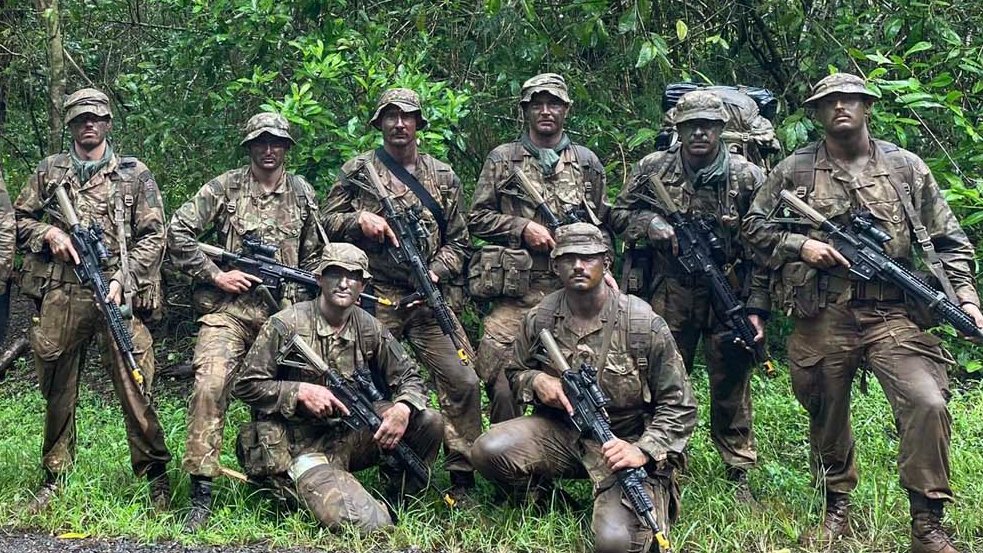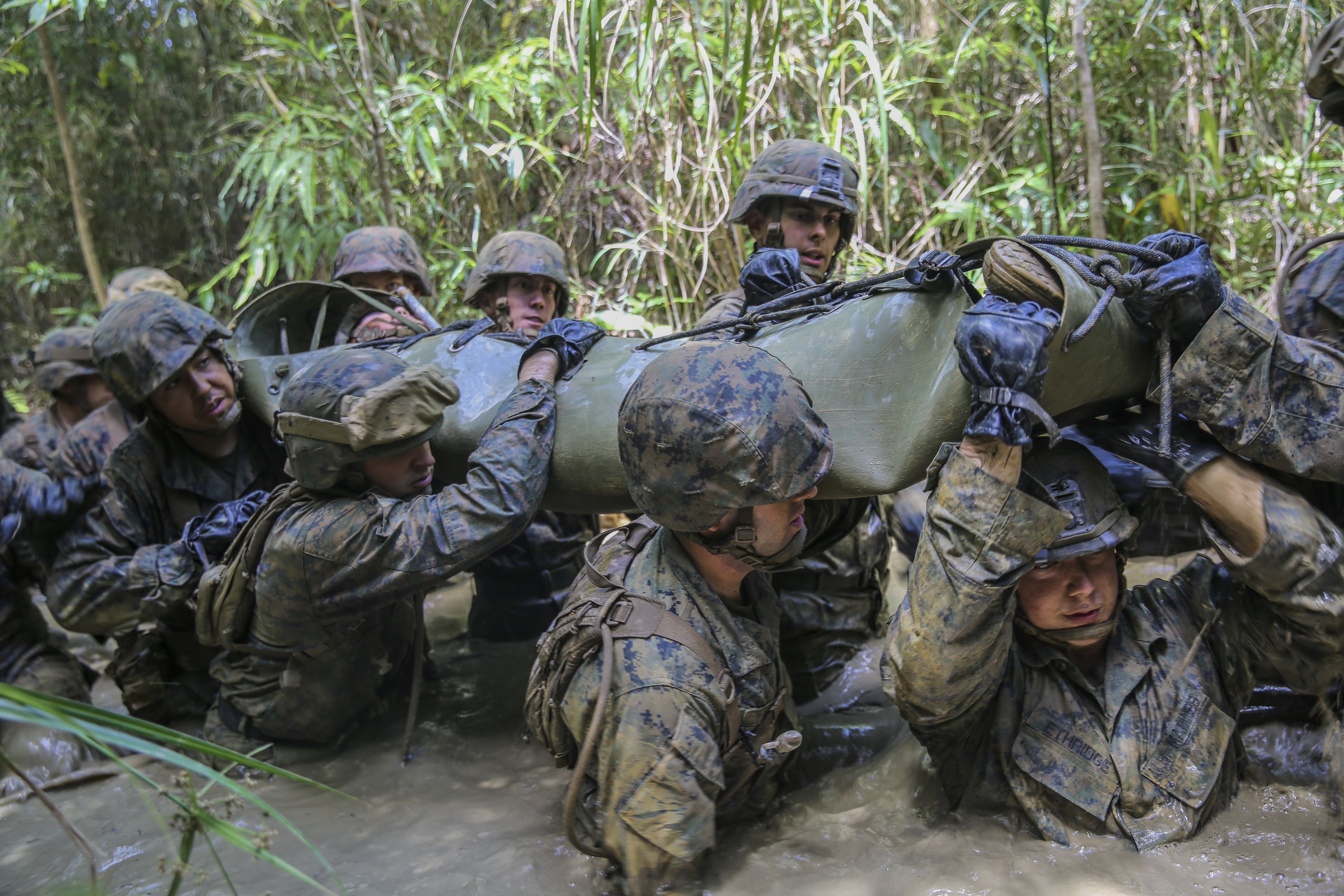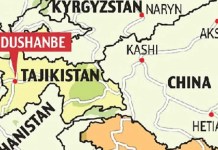British Royal Marines recently completed a five-week deployment to the Hawaiian island of Oahu, where they took part in intensive jungle warfare and amphibious training exercises with the US Marine Corps (USMC).
The exercises included patrolling, reconnaissance missions, and ambushes, as the Marines refined and refreshed their techniques for jungle warfare in the Pacific island’s dense wilderness, according to the press release issued by the UK Ministry of Defense earlier this month.
In addition to the jungle training, 47 Commando, based in Plymouth, also conducted amphibious training exercises. They familiarized themselves with the USMC’s small raiding craft and conducted daily reconnaissance training in Kaneohe Bay.
The jungle mission began at Camp Pendleton, the significant USMC base in California, where lectures were delivered to participants before they were flown to Oahu.
The marines shared techniques and experiences between them before shooting and movement drills, preparing troops for their foray into the jungles. For some 40 Commando marines, this was the first time they operated in this environment.
Mastering the extremes…
Arctic, desert, jungle. #RoyalMarines operate in the world's harshest environments. As Arctic work ramps up this winter after desert exercises in Oman, commandos return from Hawaii where jungle warfare skills were sharpened. https://t.co/hfR1Q34JMb pic.twitter.com/FLNSp9WR7d
— Royal Marines (@RoyalMarines) January 19, 2023
The first few days in the jungle entailed patrolling, navigation, break contact drills, and ambush exercises.
“The new environment took a bit of getting used to, as the standard skills and drills we’re familiar with were made much more challenging in the jungle,” said Marine Luke Ruston.
Two teams of seven commandos each were directed to move to two observation posts, patrolling through the jungle and observing their target overnight. After gathering the information, the teams launched a combined assault on their enemy along the track they had been observing.
This was followed by nighttime covert reconnaissance as the commandos gathered information on a route for a larger force to pass through.

“We moved quickly over the difficult terrain and fought through thick jungle,” Ruston said. “After 48 hours on target, we covertly patrolled from the target area, linked again with the other team under cover of darkness, and made it to our pickup point for first light.”
After that, the commandos took a short break to explore Oahu, with trips to the famous north shore, Waikiki beaches, and a visit to the Pearl Harbor Museum and USS Arizona memorial, before returning to the jungle for their final exercise.
The commandos practiced in the USMC’s mock Middle Eastern villages made in Bellows, located on the southeastern side of the island, which has a marketplace and props, actors playing civilians and ‘enemies’ including high-value targets.
“We practiced close-quarters battle techniques, room entries, and building up eventually to a compound clearing with the full team before being given several scenarios that we had to deal with, including linking up with local elders, building assaults, and high-value target recovery,” said Ruston.
Importance Of Jungle Warfare For The UK
As EurAsian Times discussed earlier, there is a growing focus within European countries on the security challenges China poses to Europe’s interests in the Indo-Pacific.
Increasing tensions in regional hotspots such as the South and the East China Sea and the Taiwan strait might directly impact European security and prosperity.
For instance, the UK’s Foreign Secretary, James Cleverly, noted in his speech last year at the Milken Institute Asia Summit that at least 1.7 million British citizens live across the Indo-Pacific region, and the UK’s trading relationships are worth over 250 billion dollars.
“Peace and stability in this region matters in the UK. 60% of global trade passes through shipping routes here in the Indo-Pacific, so security here directly impacts households in the UK,” Cleverly said.
Therefore, the UK, just like the US, must invest time and resources in training its forces to operate in jungles and maritime environments so that they are prepared for a potential future conflict in the Indo-Pacific area of operations which essentially comprises these two environments.

The 40 Commando performed similar exercises in Guam last year with the USMC’s 31st Marine Expeditionary Unit. They practiced the USMC Expeditionary Advanced Base Operations tactics for locating and targeting enemy ships from ashore.
Expeditionary Advanced Base Operations tactics involve small teams deployed with limited support – something commandoes are experts in – to islands or chokepoints for intelligence gathering and to restrict the movement of enemy forces in strategically important areas.
- Contact the author at tanmaykadam700@gmail.com
- Follow EurAsian Times on Google News




